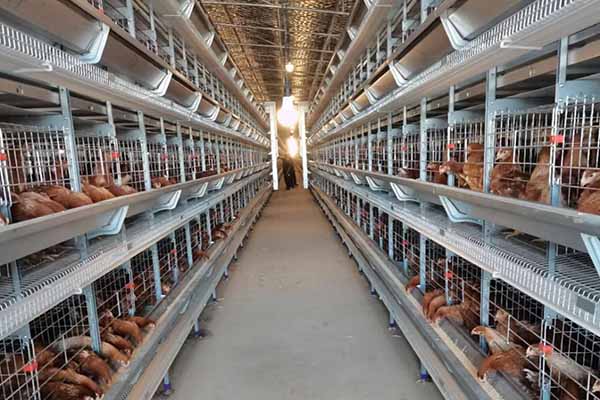How to Start a Small Chicken Farm in Kerala
Time : 2025-07-01
Starting a small chicken farm in Kerala can be a rewarding venture. With the right planning and execution, you can turn your passion for poultry into a profitable business. This article will guide you through the essential steps to start a small chicken farm in Kerala, providing insights into the necessary equipment, market analysis, and sustainable practices.
Step 1: Research and Market Analysis
Before diving into the business, it’s crucial to conduct thorough market research. Understand the demand for chicken products in your area. In Kerala, the demand for organic and free-range chicken is on the rise due to increasing health consciousness among consumers.
Market Analysis
– Demand: Assess the demand for chicken in local markets, restaurants, and retail outlets.
– Competition: Identify existing chicken farms and understand their strengths and weaknesses.
– Price Points: Determine competitive pricing for your products.
Step 2: Legal Requirements
Ensure that you comply with local regulations and legal requirements:
– Permits: Obtain necessary permits and licenses from the local authorities.
– Animal Welfare: Follow all guidelines for animal welfare set by the government.
Step 3: Choose the Right Location
Select a suitable location for your chicken farm. Here are some factors to consider:
– Accessibility: Ensure the farm is easily accessible for suppliers and customers.
– Water Source: Adequate water supply is crucial for the chickens’ health and hygiene.
– Ventilation: Good ventilation to maintain a healthy environment for the chickens.
Step 4: Chicken Breed Selection
Choose the right chicken breed for your farm. In Kerala, the following breeds are popular:
– Jaffna: Known for its fast growth rate and good meat quality.
– Bovans: Excellent for both egg and meat production.
– Aseel: A dual-purpose breed that is well-suited to Kerala’s climate.
Step 5: Farm Design and Equipment
A well-designed farm is essential for the success of your chicken business. Here’s what you need:
– Chicken Coops: Design coops that provide enough space for the chickens to move around and lay eggs.
– Feeders and Waterers: Install automatic feeders and waterers for efficient feeding and hydration.
– Heating and Cooling Systems: Ensure the right temperature for the chickens throughout the year.
– Ventilation and Lighting: Proper ventilation and lighting are crucial for chicken health.
Essential Equipment
– Incubators: For hatching chicks.
– Milling Machine: For making chicken feed.
– Cooling System: For preserving eggs and meat.
– Pest Control: To protect the chickens from pests and diseases.
Step 6: Farm Management
Effective farm management is key to a successful chicken farm:
– Diet: Provide a balanced diet to ensure healthy growth and productivity.
– Healthcare: Regular health check-ups and vaccinations to prevent diseases.
– Record Keeping: Keep detailed records of feed consumption, egg production, and chick growth.
Step 7: Marketing and Sales
Develop a solid marketing strategy to sell your products:
– Direct Sales: Offer direct sales to local restaurants and retailers.
– Online Presence: Create an online store to reach a wider market.
– Branding: Develop a strong brand identity for your chicken farm.
Step 8: Sustainability
Implement sustainable practices to minimize environmental impact:
– Organic Practices: Use organic fertilizers and natural pest control methods.
– Water Conservation: Implement water-saving techniques.
– Biogas: Generate biogas from chicken waste for cooking and heating.
Step 9: Financial Planning
Create a comprehensive financial plan to ensure the sustainability of your business:
– Budgeting: Prepare a detailed budget for all costs, including feed, equipment, labor, and marketing.
– Financial Backing: Seek financial backing if necessary.
– Revenue Forecast: Prepare a realistic revenue forecast based on market analysis.
Conclusion
Starting a small chicken farm in Kerala requires careful planning and dedication. By following these steps and incorporating professional poultry equipment and knowledge, you can establish a successful and sustainable business. Remember to stay informed about market trends and continuously adapt your strategies for success.












